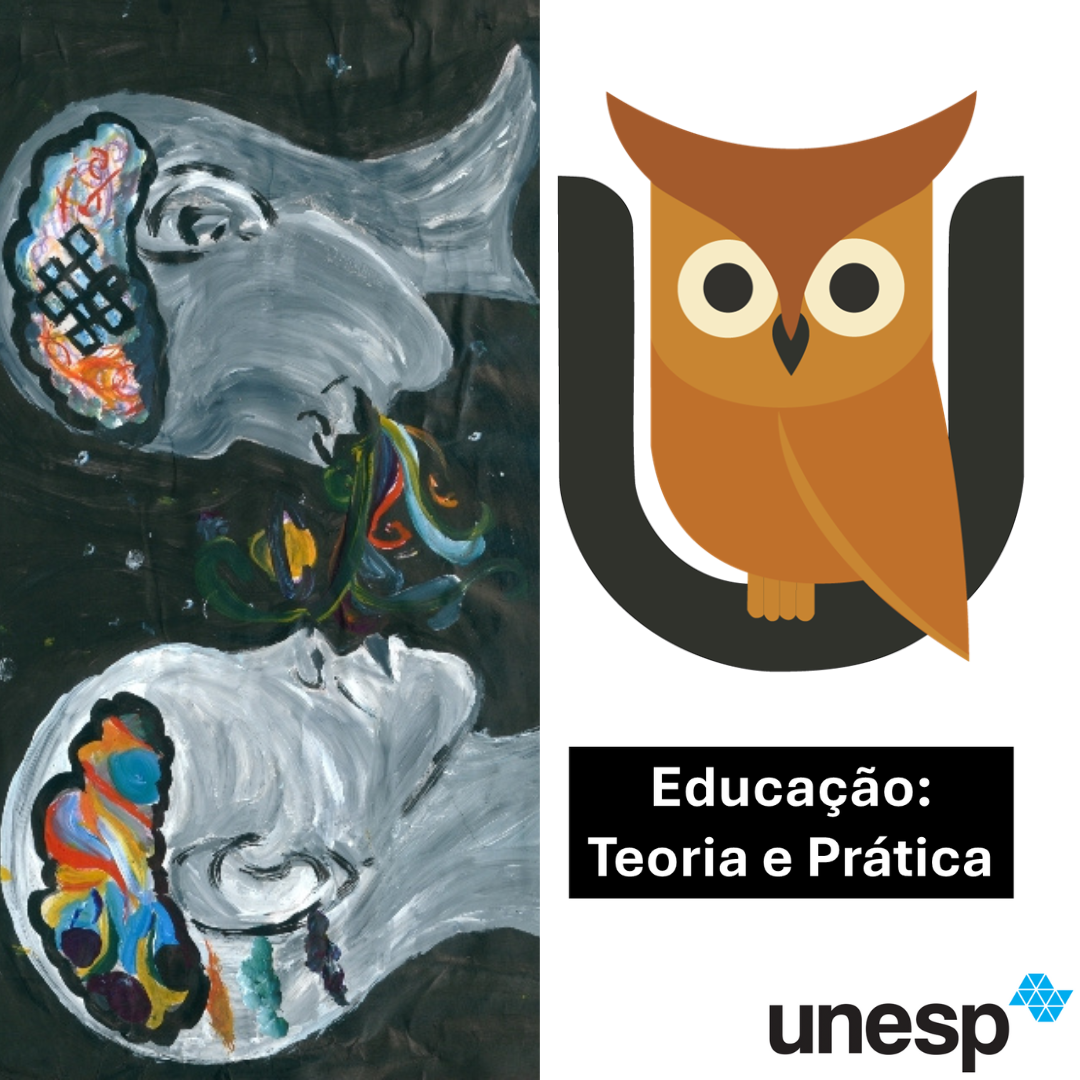VIOLENCE AT SCHOOL AND ADOLESCENTS IN CONFLICT WITH THE LAW: CASE STUDY
DOI:
https://doi.org/10.18675/1981-8106.vol29.n60.p197-215Keywords:
Adolescentes infratores, Violência na escola, ConflitosAbstract
The text presents partial results of the survey "School Support for adolescents who are in conflict with the law in the city of Arenápolis-MT” and aims to reflect on teachers' perception about violence in the school environment and its relationship with the presence, in the school, of adolescent students in conflict with the law. Our theoretical framework is based on the authors: Alves (2006); Aquino (1998); Abramovay (2002); Chizzotti (2016); Charlot (2002), among others. We sought answers for the following question: what is the teachers' perception about violence in the school environment and the school attendance of adolescent students in conflict with the law? The research is a qualitative case study, with phenomenological approach. The instruments of data collection used were the observation and documentary source (School record book). We observed a teachers’ discourse of rejection (vandal) and victimization (pity and an unhappy situation) to the adolescent coexisting with fear and insecurity towards this adolescent. Keywords: Transgressor adolescents. Violence in school. Conflicts.Additional Files
Published
How to Cite
Issue
Section
License
Authors who publish in this journal agree to the following terms:
a) Authors assign copyright to the journal, with the work simultaneously licensed under the Creative Commons Attribution License that allows sharing of the work with acknowledgment of authorship and publication in this journal.
b) The policy adopted by the Editorial Committee is to assign copyright only after a period of 30 months from the date of publication of the article. After this time, authors interested in publishing the same text in another work must send a letter to the Editorial Committee requesting the release of the assignment of copyright and wait for a response.
c) This journal provides public access to all its content, since this allows greater visibility and reach of published articles and reviews. For more information on this approach, visit the Public Knowledge Project, a project that developed this system to improve the academic and public quality of research, by distributing OJS as well as other software to support the public access publication system to academic sources. The names and email addresses on this website will be used exclusively for the purposes of the journal and will not be available for other purposes. This journal provides open any other party  This work is licensed under a Creative Commons License
This work is licensed under a Creative Commons License











